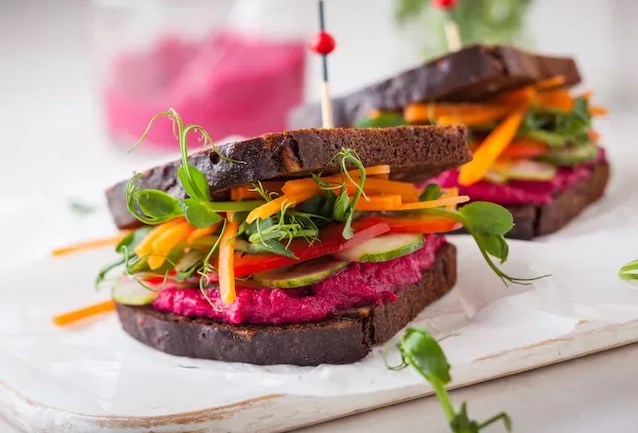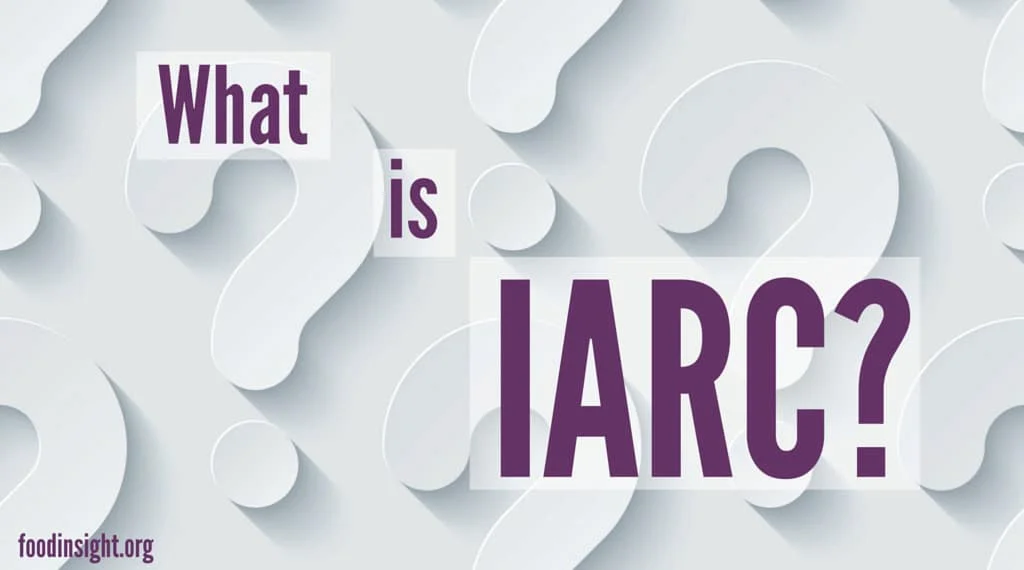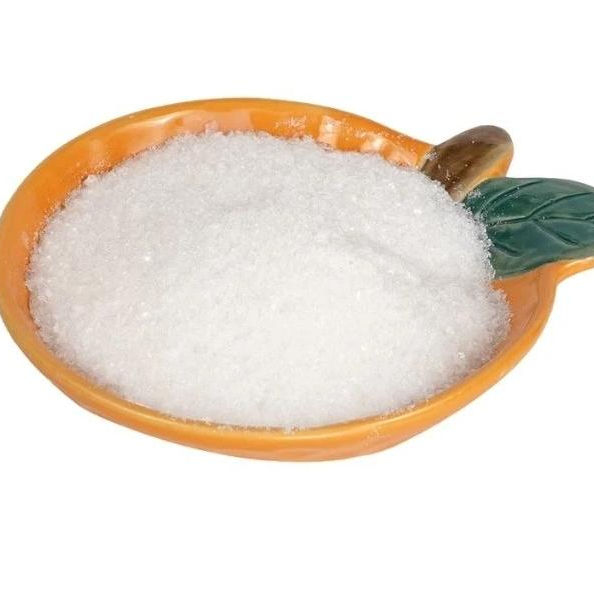The benefits of beetroot are too major to pass up. Here’s why. Plus: how to enjoy more of the colorful root veggie via beetroot recipes for a healthy meal, snack, or juice.
Find it challenging to diversify your nutrient intake through fresh, whole foods? When in doubt, you can keep things relatively simple—not to mention colorful—by aiming to eat the rainbow. While some of us may gravitate towards certain colors (I, for one, have a special place in my heart for greens like kale and celery), the more truly is the merrier.
With that said, one of the best ways to tap into the tail ends of the rainbow is to fill up on beets. These super-pigmented root veggies offer a variety of micronutrients plus fiber and even protein—all of which make it a veritable superfood for overall health.
Keep reading to discover the key benefits of beetroot (read: why it earns a spot in your diet, stat). Plus: three beetroot recipes that are sure to make your mouth water and power up your plate.
THE NUTRITIONAL PROFILE OF BEETROOT
“Beetroot offers fiber, nitrate, potassium, folate, and vitamin C,” says Mary Ellen Phipps, MPH, RDN, LD, founder of Milk & Honey Nutrition. “Many of these nutrients contribute to the positive health benefits associated with consuming beets,” which we’ll soon cover.
Amy Shaprio, MS, RD, of Real Nutrition in New York City, concurs. She adds that beetroot is also rich in iron and potassium, among many other micronutrients. One major player she takes care to call out is as betanin, “a plant compound that helps with a variety of health benefits.” Per a 2020 review in the journal Antioxidants, betanin is one of the most potent constituents in beetroot “due to its anti-radical scavenger effect, reducing the reactivity of these molecules, [and] protecting … endothelial tissue from damage.”
Per the USDA, here’s a quick overview of some (but certainly not all) of the nutrients that a cup of raw beetroot provides:
- Nearly 4 grams of fiber
- Over 2 grams of protein
- Nearly 6 milligrams of vitamin C (ascorbic acid)
- 442 milligrams of potassium
- 148 micrograms of total folate
- 1 milligram of iron
7 BENEFITS OF BEETROOT
Here are some of the key benefits of beetroot, which run the gamut from improvements in digestion to perks for cardiovascular health and athletic performance.
1. IT’S GREAT FOR YOUR GUT
Since beetroot is a good source of fiber, it makes sense that it’s gut-friendly and beneficial for digestive regularity. (BTW, a mere 7 percent of American adults have adequate fiber in their daily diets, per 2021 findings by the American Society for Nutrition. On average, women should aim for at least 25 grams of fiber daily, whereas that recommendation jumps to 38 grams daily for men. Recommendations also vary by factors such as age and caloric intake.)
2. IT PROMOTES NATURAL DETOXIFICATION
You don’t need to embark on elaborate cleanses or cave into pricey (and oftentimes, dicey) fad diets to help your body naturally detoxify. Instead, consider adding beetroot into your dietary routine. “Since it is a good source of fiber, beetroot helps to promote liver health as fiber helps to remove excess hormones, cholesterol, and toxins from the body,” Shapiro explains.
Research shows that increased fiber intake from produce can lead to improved liver health in people at risk for adverse conditions related to liver function and metabolic health.
Note: To reap the benefits of beetroot given its robust fiber content, you’ll want to enjoy it in its whole form, rather than juiced or powdered. But as we’ll soon see, you won’t necessarily want to sleep on the benefits of beetroot juice, either, given the drink’s far-reaching potential.
3. IT IMPROVES BLOOD FLOW
“Beetroot can help improve blood flow to muscles, which can increase the amount of oxygen and nutrients delivered to muscles and cells,” Phipps explains. “Nitrate in beets gets converted to nitric oxide, which helps to increase blood flow.” This process provides a range of impressive benefits, which we’ll detail in the next few sections.
RELATED STORIESWhat are “Detox Smoothies” and Can They Really Improve Your Health?Wait, Should You Be Running or Jogging? Fitness Experts Answer
4. IT CAN ENHANCE ATHLETIC PERFORMANCE
A growing body of research points to compelling benefits of beetroot for energy, stamina, and athletic performance. Per a 2018 review on the effects of beetroot juice and high-intensity interval (HIIT) training, sipping on it (whether once before a workout, or several times over successive workouts), may improve:
- HIIT performance
- Muscle power output
- Indicators of muscular fatigue and recovery
In addition, a 2017 review in the journal Nutrients explains that beetroot juice may improve cardiovascular endurance and efficiency and lengthen the time to exhaustion in athletes. Simply put, beetroot juice has the ability to boost performance, power, and even recovery in active individuals. As such, you might want to consider sipping on it before your next workout—or even mix it up with your go-to protein powder for a one-and-done functional beverage.
5. IT’S HEART-HEALTHY
“Beetroot is rich in organic nitrates,” Shapiro reminds us, “which help to relax blood vessels and may reduce blood pressure, and therefore prevent cardiovascular disease.” Moreover, the betalains (betanin) in beetroot have been proven to reduce LDL (aka “bad” cholesterol). When your LDL cholesterol levels are within healthy ranges—thanks in part to beets, but more generally a healthy diet and active lifestyle at large—you can reduce your risk for heart disease and stroke.
Phipps adds that other health benefits of beetroot, such as improved circulation, “may be attributed to the increase in blood flow that can happen when nitrate from beets gets converted to nitric oxide.”
6. IT CAN HELP KEEP YOUR BRAIN YOUNG
We have nitric acid to thank for yet another impressive benefit of beetroot—this time for its ability to enhance neuroplasticity and support cognition and brain health. Several studies show that beetroot juice increases blood flow to the brain (in addition to other parts of the body). A randomized controlled trial found that older adults who consumed beetroot juice and exercised “had brain networks that more closely resembled those of younger adults” compared to a group that exercised without beetroot juice. As such, beet juice has the potential to help keep your brain sharp despite the passage of time.
7. IT CAN HELP KEEP DAMAGE AND INFLAMMATION AT BAY
Since beetroot is packed with antioxidants including but not limited to betanin and vitamin C, it has power to stave off free radical damage (i.e., a major driver of countless adverse health issues). Betalains also exhibit anti-inflammatory activity, as does vitamin C. Consider beets to be a colorful component of a pro-aging, protective diet that can positively impact your well-being, all the way from your skin health to your immune function and beyond.

3 BEETROOT RECIPES
Depending on your key concerns and palate preferences, you may gravitate toward one beetroot recipe over the next. Shapiro herself finds no shortage of ways to enjoy beets herself. “I add them to salads, smoothies, and soups, or sauté with onions, garlic, and other seasonal veggies,” she shares. “I use a little olive oil, sea salt, fresh garlic, and lemon juice.”
To get the goodness into your own routine, take cues from Shapiro and/or checking out one of the following beetroot recipes for more inspo:
- Roasted beet hummus by the Minimalist Baker. This recipe for fresh beet hummus won’t only result in a picture-perfect spread, but also add to the superfood’s fiber and plant protein content, courtesy of chickpeas. Scoop it up with your veggies of choice—like carrots, cucumbers, or bell peppers—for a nutrient-rich snack packed with color and flavor in spades.
- Beet salad with arugula and balsamic vinaigrette by Natasha’s Kitchen. This flavorful recipe requires only five ingredients for the beetroot salad itself. From there, you’ll only need a handful of pantry staples if you choose to make the balsamic vinaigrette from scratch.
- Lemon ginger beet juice by Inspired Taste. Whether or not you’re hoping to power up your workout regimen, this beetroot juice recipe is sure to please your body and taste buds alike. It also features alkalizing lemons, hydrating cucumbers, and digestion-boosting ginger.




